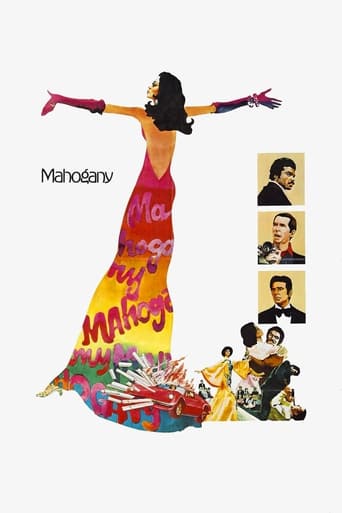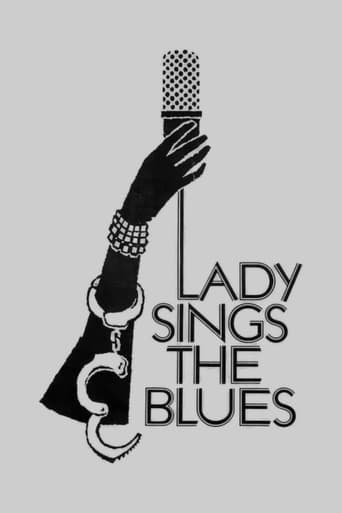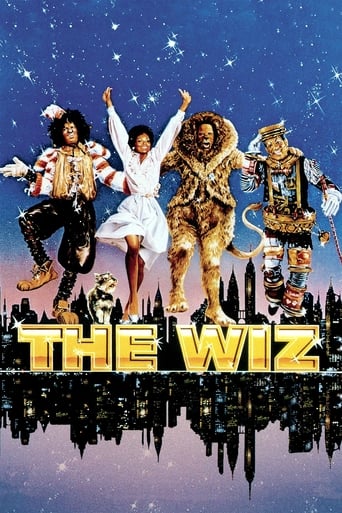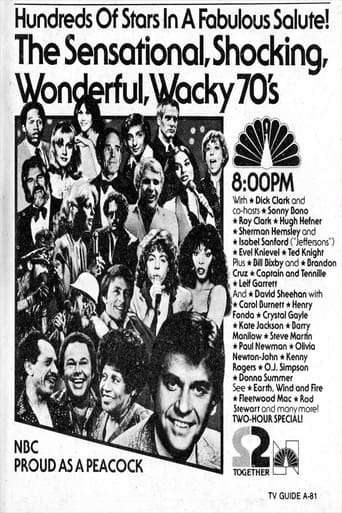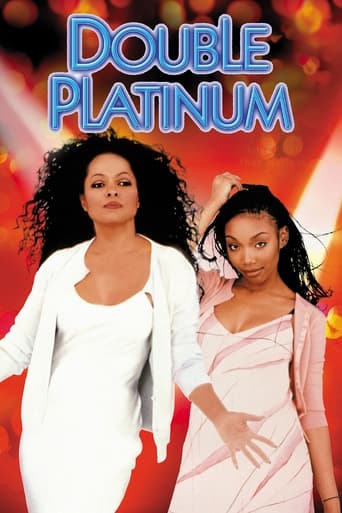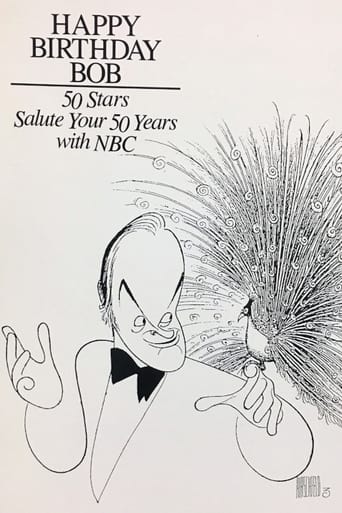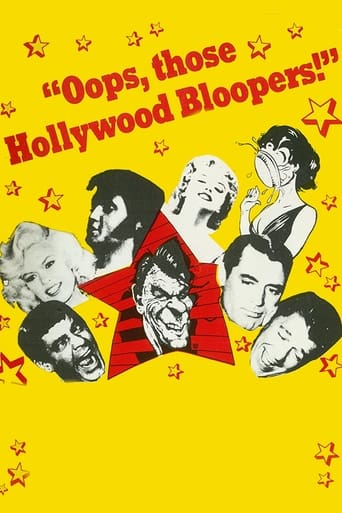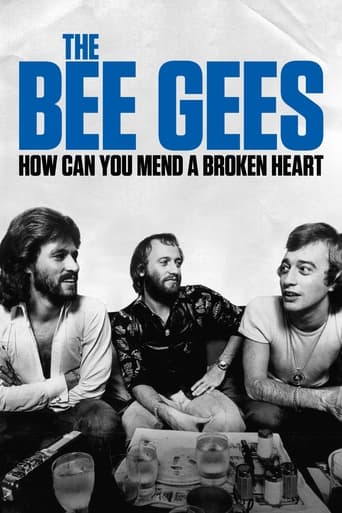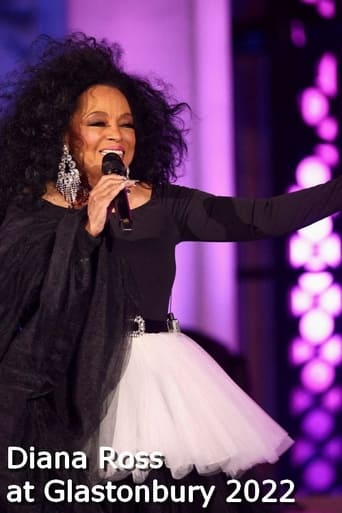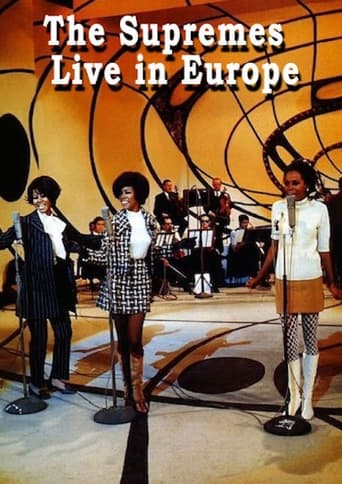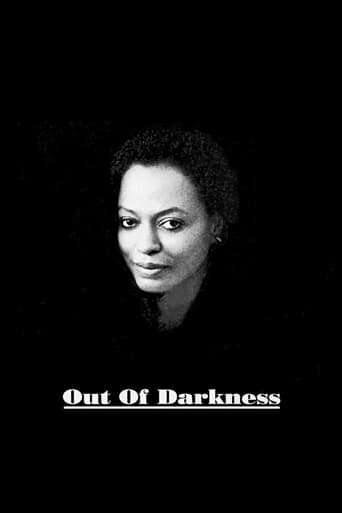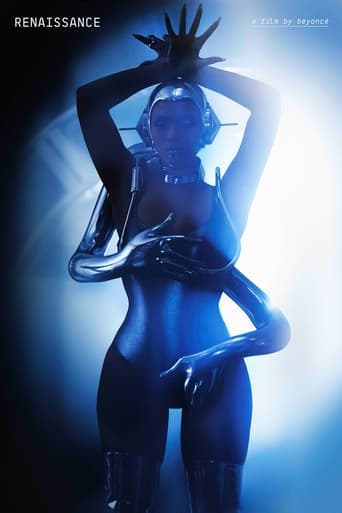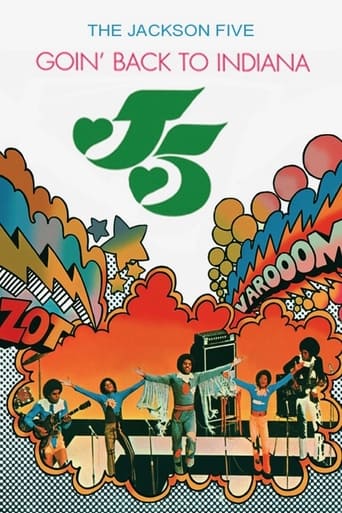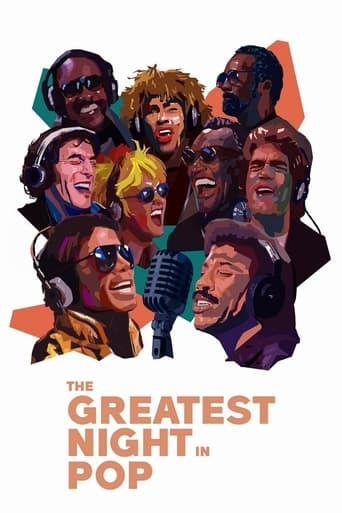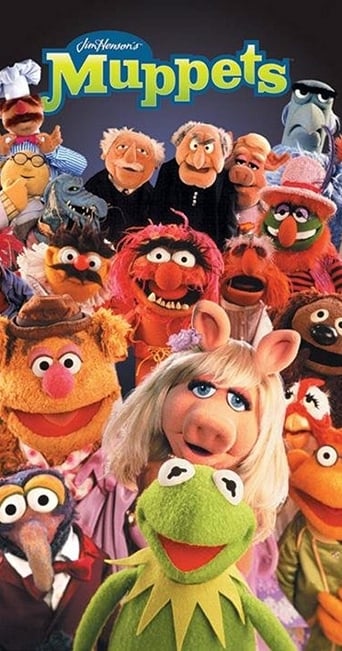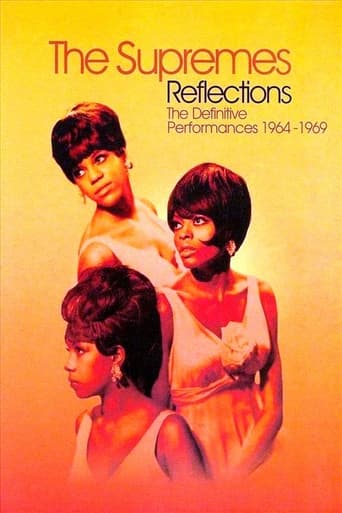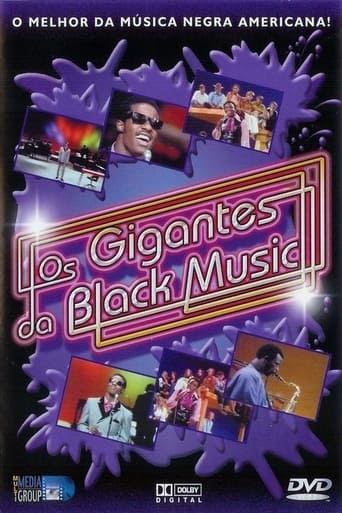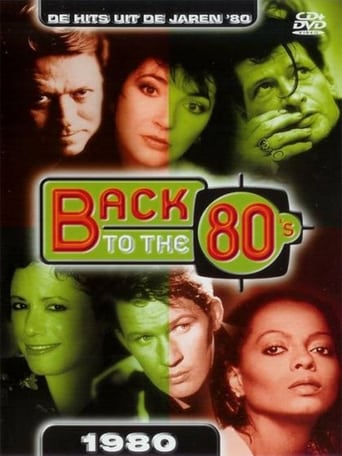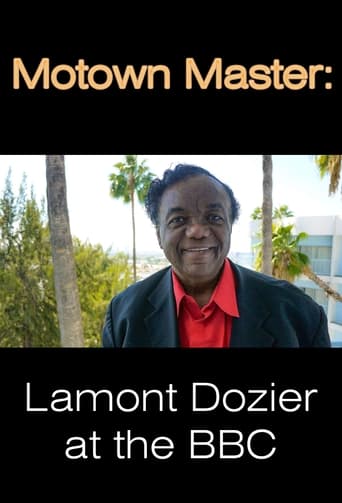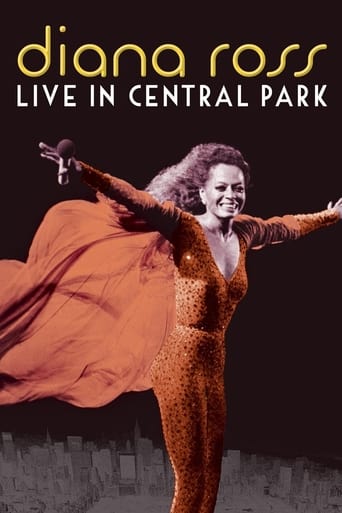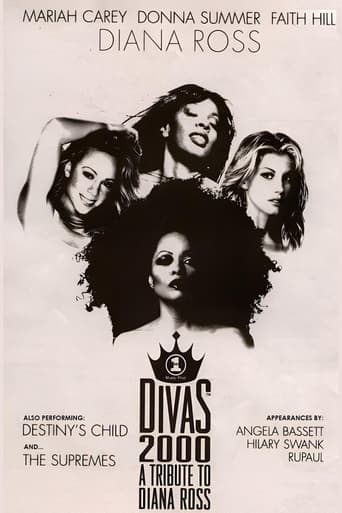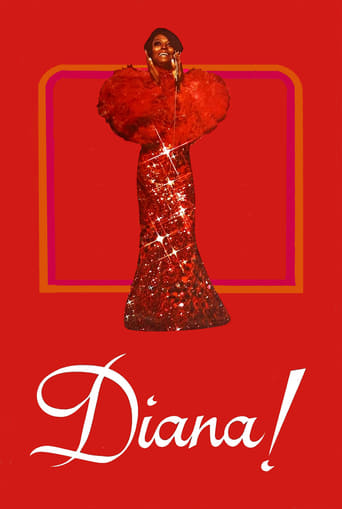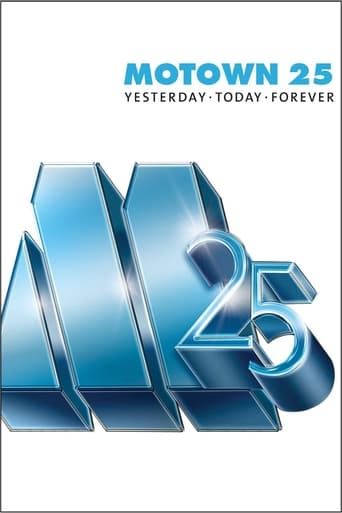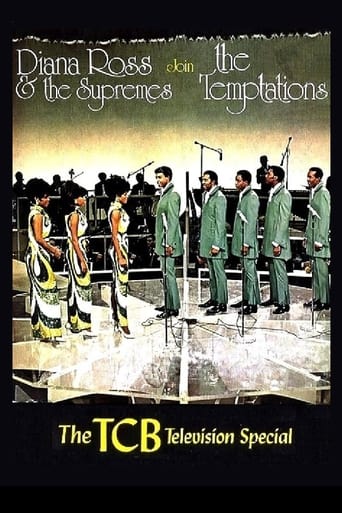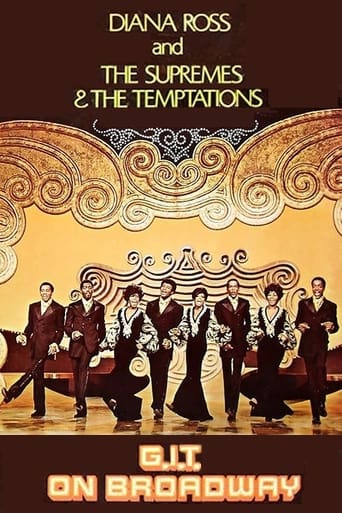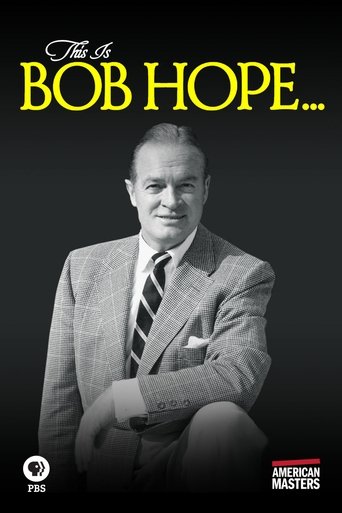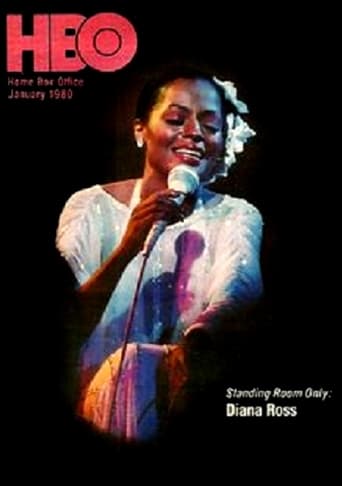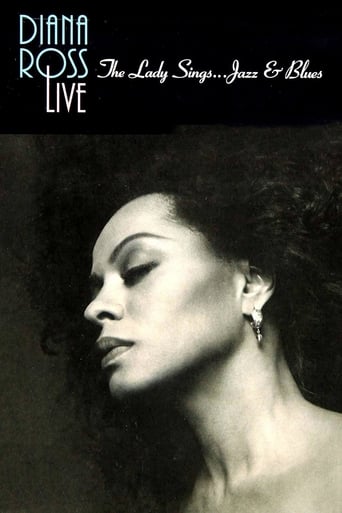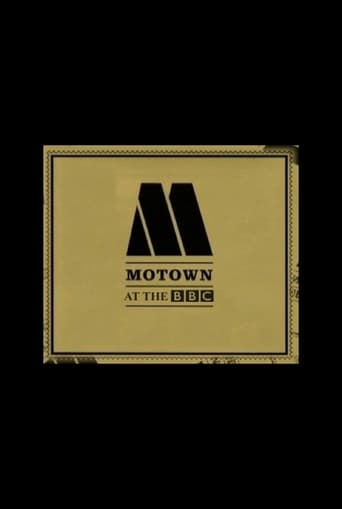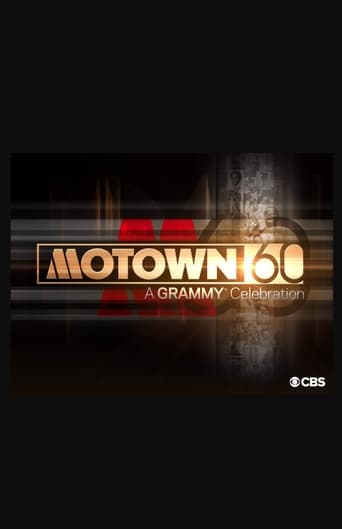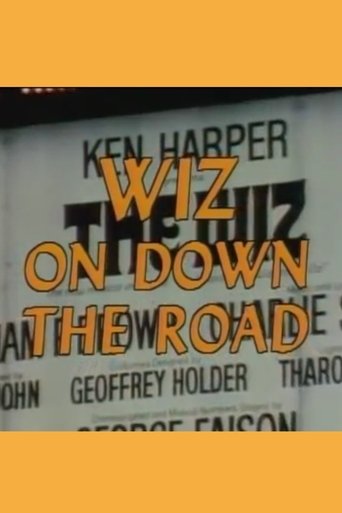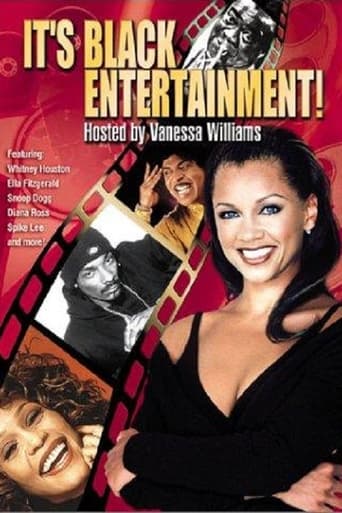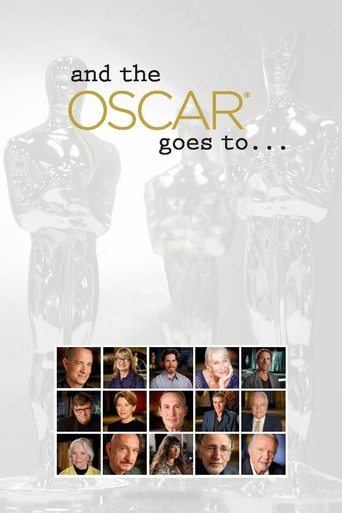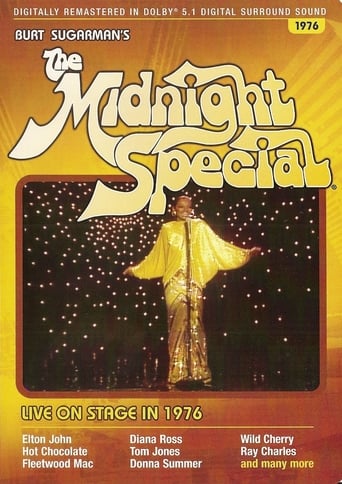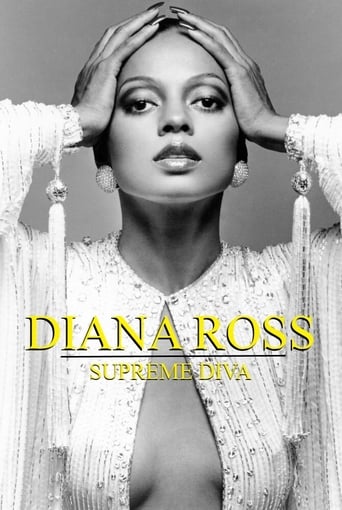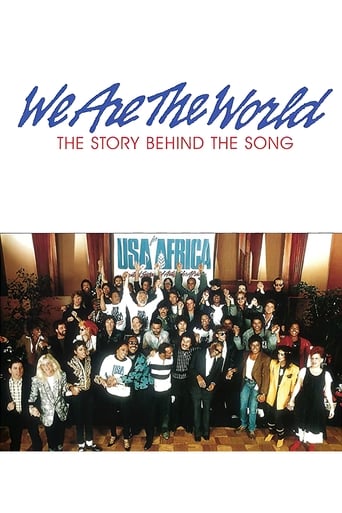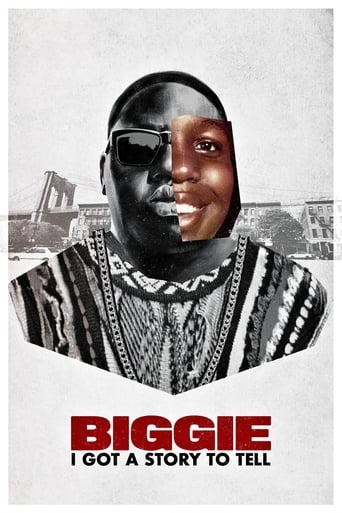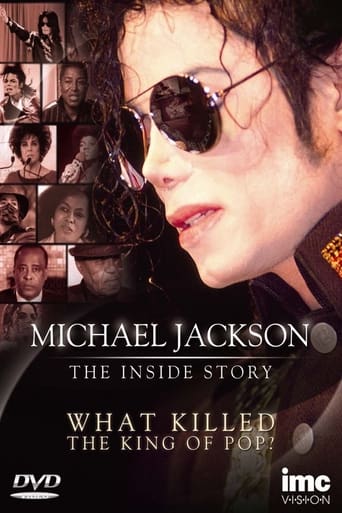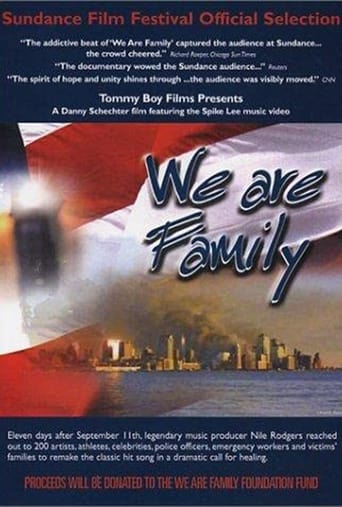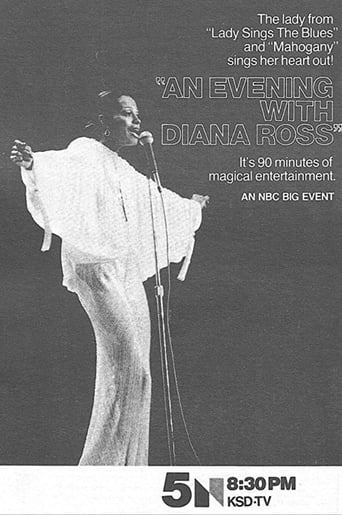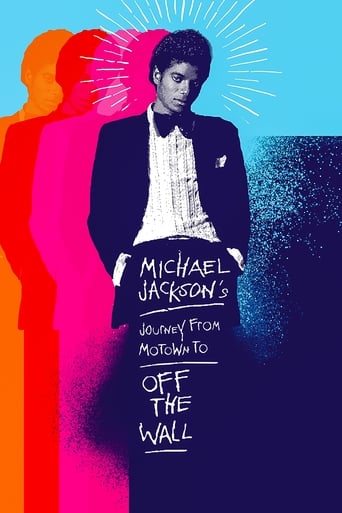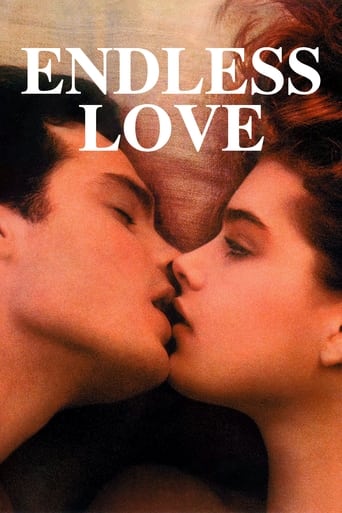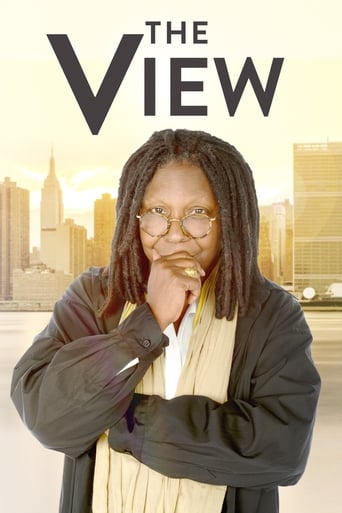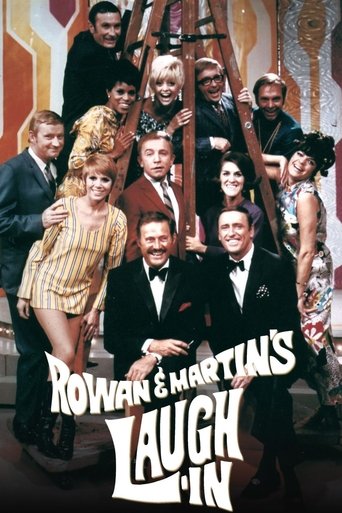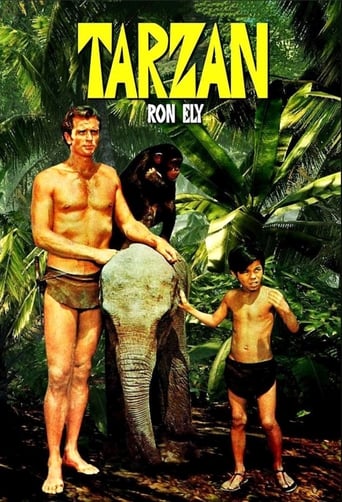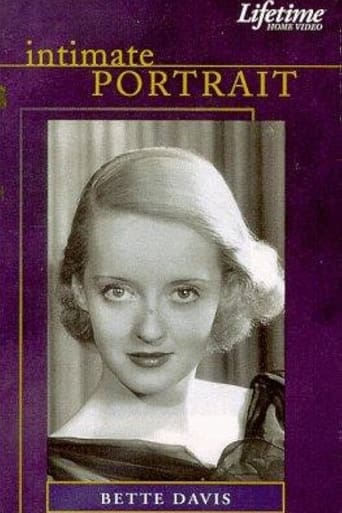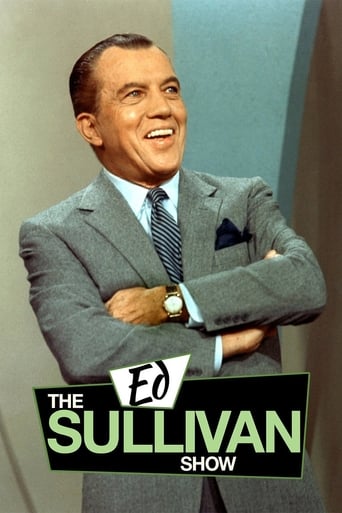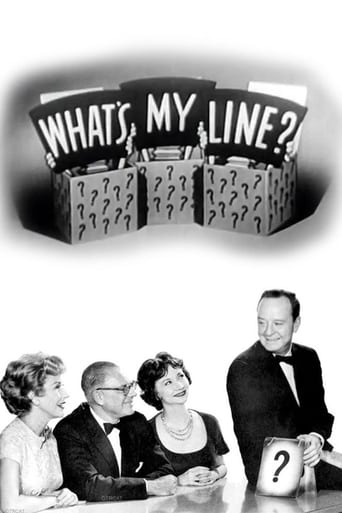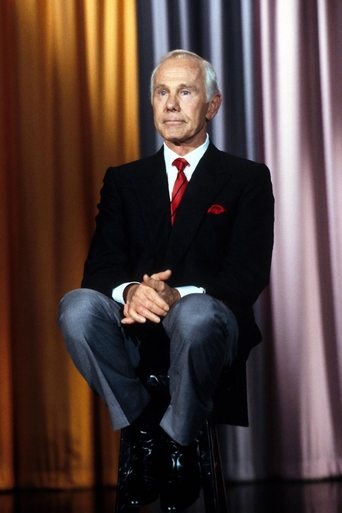
Diana Ross
From Wikipedia, the free encyclopedia Diana Ross (born March 26, 1944) is an American singer, actress, and record producer. Born and raised in Detroit, Michigan, Ross rose to fame as the lead singer of the vocal group the Supremes, which, during the 1960s, became Motown's most successful act, and are the best charting female group in US history, as well as one of the world's best-selling girl groups of all time. The group released a record-setting twelve number-one hit singles on the US Billboard Hot 100, including "Where Did Our Love Go", "Baby Love", "Come See About Me", "Stop! In the Name of Love", "You Can't Hurry Love", "You Keep Me Hangin' On", "Love Child", and "Someday We'll Be Together". Following her departure from the Supremes in 1970, Ross released her eponymous debut solo album that same year, featuring the number-one Pop hit "Ain't No Mountain High Enough". She later released the album Touch Me in the Morning in 1973; its title track reached number 1, as her second solo No. 1 hit. She continued a successful solo career through the 1970s, which included hit albums like Mahogany and Diana Ross and their number-one hit singles, "Theme from Mahogany" and "Love Hangover", respectively. Her 1980 album Diana produced another number-one single, "Upside Down", as well as the international hit "I'm Coming Out". Ross' final single with Motown during her initial run with the company achieved her sixth and final US number-one Pop hit, the duet "Endless Love" featuring Lionel Richie, whose solo career was launched with its success. Ross has also ventured into acting, with a Golden Globe Award and Academy Award–nominated performance for her performance in the film Lady Sings the Blues (1972); she recorded its soundtrack, which became a number-one hit. She also starred in two other feature films, Mahogany (1975) and The Wiz (1978), later acting in the television films Out of Darkness (1994), for which she also was nominated for a Golden Globe Award, and Double Platinum (1999). Ross was named the "Female Entertainer of the Century" by Billboard magazine. In 1993, the Guinness Book of World Records declared Ross the most successful female music artist in history, due to her success in the United States and United Kingdom for having more hits than any female artist in the charts, with a career total of 70 hit singles with her work with the Supremes and as a solo artist. In 1988, Ross was inducted to the Rock and Roll Hall of Fame as member of the Supremes, alongside Mary Wilson and Florence Ballard. She was the recipient of the Kennedy Center Honors in 2007, and the Presidential Medal of Freedom in 2016. She is a 12-time Grammy nominee, never earning a competitive honor, but later became the recipient of the Grammy Lifetime Achievement Award in 2012. In December 2016, Billboard magazine named her the 50th most successful dance artist of all time. In Billboard magazine's Greatest of All Time Hot 100 Artists chart, she ranked 16th as the lead singer of the Supremes and 26th as a solo artist. In December 2018, Diana Ross consolidated her status as a dance diva by ranking #3 in the Billboard Dance Club Songs Artists year-end chart.
- Sehlooho: Diana Ross
- Ho Tuma: 4.888
- Tsejoa ka: Acting
- Letsatsi la tsoalo: 1944-03-26
- Sebaka sa tsoalo: Detroit, Michigan, USA
- Leqephe la lapeng:
- E boetse e tsejoa e le: Diane Ernestine Earle Ross, Diane Ross, Miss Ross, The Supremes, Supremes, Diana Ross and The Supremes, Diana Ross & The Supremes, Dianna Ross, Ms. Ross

